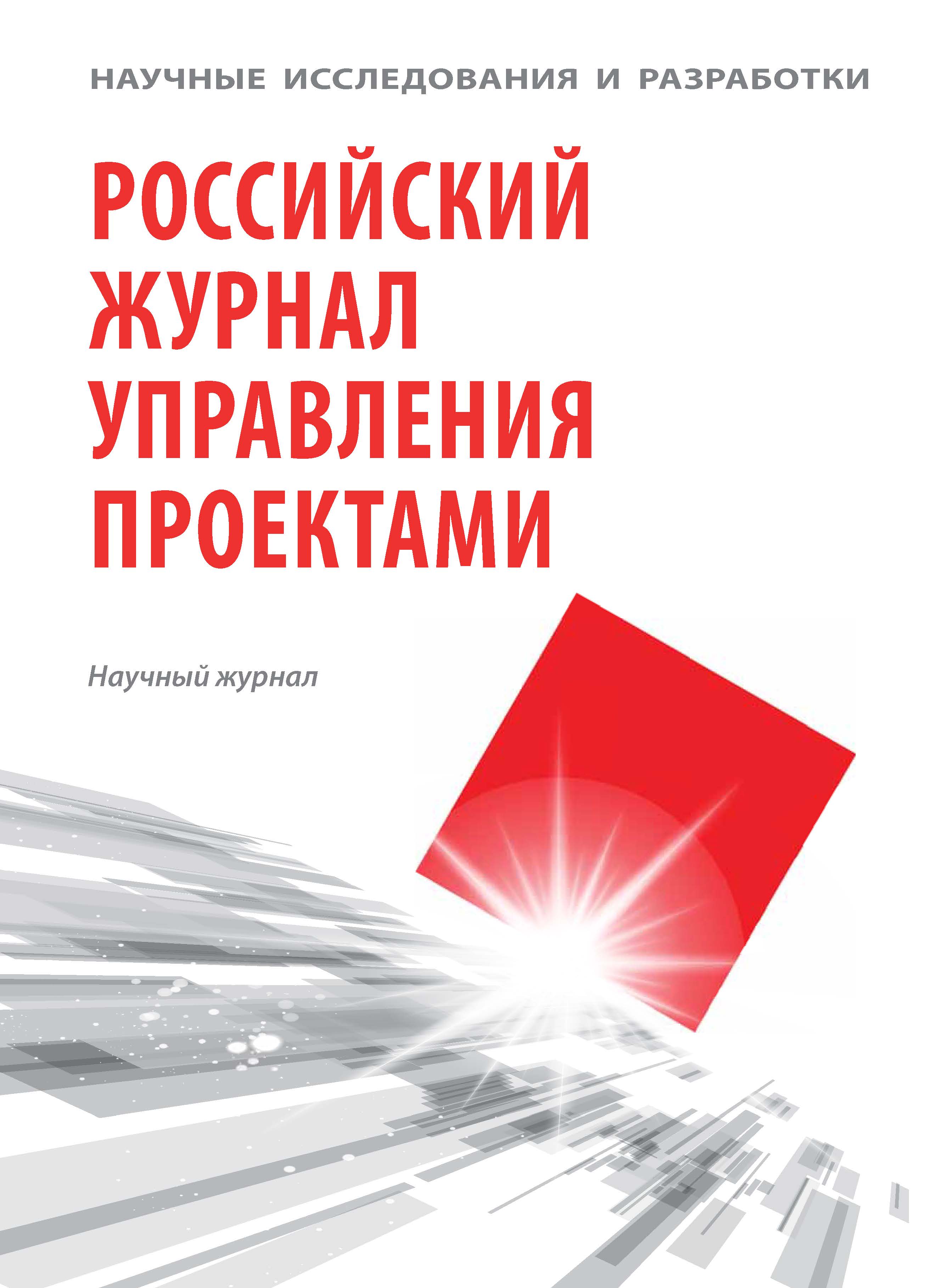Moskva, Russian Federation
The analysis of features related to implementation of "Intellectual Power System of Russia" technological platform development program is presented in this paper. Possibilities for adaptation of program approach for technological platform development have been investigated. Specific conditions of context and relationship inside the program have been considered. Recommendations on program implementation directions have been offered.
program management, technological platform, intellectual power, network, program.
Введение
В современных условиях особенно актуальной становится проблема инновационного развития экономики. Согласно парадигме «открытых инноваций», предложенной Г. Чесбро [7], в мире «рассредоточенных знаний» фирмы ищут источники инноваций за пределами собственных организаций через установление связей с пользователями, поставщиками, другими фирмами, через совместные предприятия. Сегодня традиционная модель «закрытых» инноваций, при которой вся цепочка создания ценности осуществлялась внутри фирмы, больше не может давать того же эффекта, что и раньше. Чтобы повысить свою конкурентоспособность в современной экономике, компаниям необходимо использовать «внешние» идеи и ресурсы. Благодаря формированию взаимоотношений с другими организациями для взаимодействия, а также для реализации инновационных проектов, компании получают больше возможностей для своего развития.
1. Analiticheskiy otchet «O vzaimodeystvii elementov innovatsionnoy infrastruktury» [The analytical report "On the interaction of elements of innovative infrastructure»]. Available at: http://ac.gov.ru/files/attachment/4845.pdf
2. Kontseptsiya Proekta realizatsii tekhnologicheskoy platformy «Intellektual´naya energeticheskaya sistema Rossii» [The concept of the project implementation technology platform Инновации и управление проектами "Smart Energy System of Russia"]. FSK EES. Moscow, 2010.
3. Otchet o vypolnenii Proekta realizatsii tekhnologicheskoy platformy «Intellektual´naya energeticheskaya sistema Rossii» (TP IES) v 2013 g. i plan deystviy TP IES na 2014 g. [Report on the implementation of the project implementation technology platform "Smart Energy System of Russia" (TP SES) in 2013 and an action plan on the TP SES 2014]. Available at: http://rosenergo.gov.ru/regulations_and_methodologies/tehnologicheskaya_platforma_tp_ies
4. Burns T., Stalker G.M. (1994) The management of innovation, Oxford University Press.
5. Bush S.F. (2014). Smart Grid: Communication-Enabled Intelligence for the Electric Power Grid. John wiley& sons.
6. Callon M., Laredo P., Rabeharisoa V., Gonard T. & Leray T. (1992). The management and evaluation of technological programs and the dynamics of techno-economic networks: The case of the AFME. Research Policy, No. 3, 215-236.
7. Chesbrough H.W. (2003) The era of open innovation // MIT Sloan Management Review - Massachusetts Institute of Technology, 2003, Vol. 44. No. 3, pp. 35-41
8. Chiesa V. & Frattini F. (2009). Evaluation and performance measurement of research and development: Techniques and perspectives for multi-level analysis. Edward Elgar Publishing.
9. Gray R.J. (1997). Alternativeapproachestoprogrammemanagement. International Journalof Project Management, No. 1, 5-9.
10. Hagiu A. (2014) Strategic decisions for multisided platforms. MIT Sloan Management Review, No. 2, pp. 71-80.
11. Lycett M., Rassau A. & Danson J. (2004). Programme management: a critical review. International Journal of Project Management, No. 4, 289-299.
12. Maniak R. (2014) Multiproject lineage management: Bridging project management and design-based innovation strategy. International Journal of Project Management, No. 7, pp. 1146-1156.
13. Patrucco P.P. (2012). 26 Innovation platforms, complexity and the knowledge-intensive firm. Handbook on the Economics and Theory of the Firm, 358.
14. Pellegrinelli S. (2002). Shaping context: the role and challenge for programmes. International Journal of Project Management, No. 3, 229-233.
15. Pellegrinelli S., Partington D., Hemingway C., Mohdzain Z. & Shah M. (2007). The importance of context in programme management: An empirical review of programme practices. International Journal of Project Management, No. 1, 41-55.
16. Ponisio L. Using Network Analysis to Improve Decision Making for Partner Selection in Inter Organizational Networks / Ponisio L., Van Eck P., Riemens L. International Journal of Human Capital and Information Technology Professionals - IGI Global, 2013, Vol. 4, No. 3, pp. 26-39.
17. The Standard for Program Management - Third Edition. Project Management Institute, 2013. Available at: http://eng.mft.info/UploadedFiles/gFiles/d59f70831e3845 b.pdf
18. GAPPS Program Typology. Available at: http://globalpmstandards.org/wp-content/uploads/2014/12/GAPPS-Program-Typology.pdf
19. Mosaics. Available at: http://www.mosaicprojects.com.au/WhitePapers/WP1022_Program_Typology.pdf






